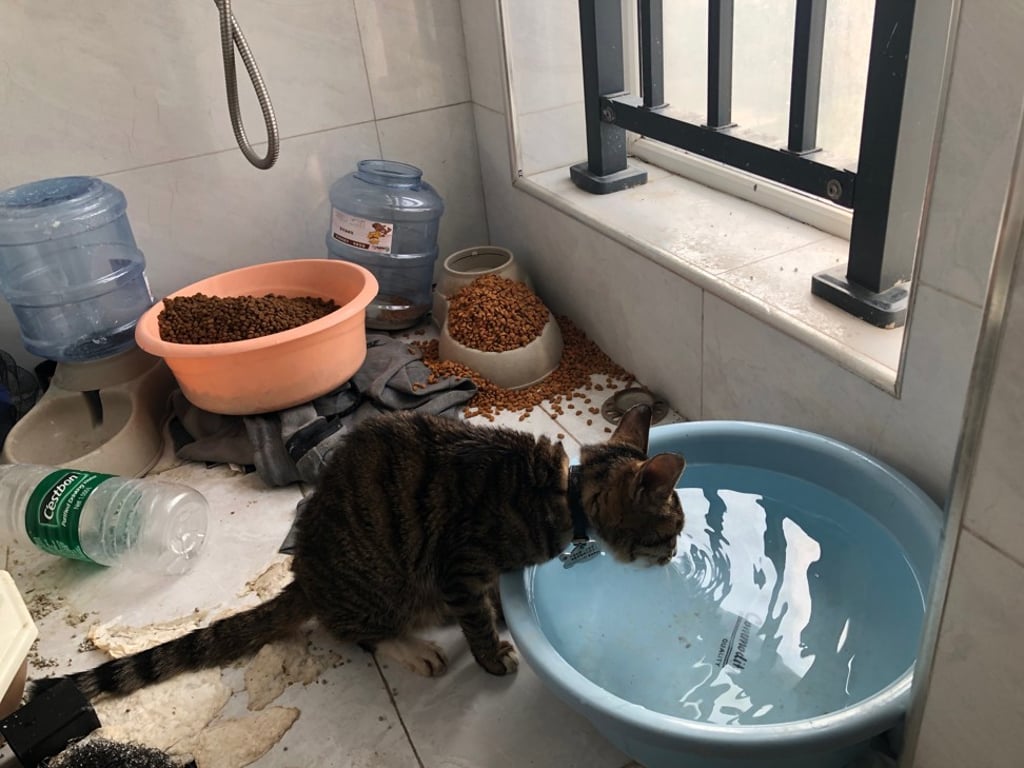Coronavirus: race to save Wuhan’s starving pets as owners unable to return to homes
- Thousands of pet owners prevented from returning to their homes following the Wuhan lockdown are appealing to animal rescue groups to help them
- Volunteers have had to break down front doors and climb in windows, and say the task is getting harder as more housing estates block strangers from entering

Volunteers from more than 10 animal rescue groups are racing against the clock to save thousands of unattended pets in Wuhan after the coronavirus-triggered lockdown has prevented many owners from returning to their homes.
A male vet working in Wuhan who wishes to remain anonymous says his rescue group – Wuhan Pet Life Online – has saved more than 2,000 pets from around the city since January 23, when the lockdown was put into force.
“There are over 10 such groups like ours that were hastily set up following the city lockdown,” he says. “The [rescued] pets were found in homes with no food and water. Their owners left their houses last month not expecting that they would not be able to return home. Pets are beginning to starve to death or die from thirst.”

Ewan (who doesn’t want to give his surname), leader of Wuhan Indigenous Cats on Tencent’s QQ platform, said his group was the first in Wuhan to provide such a rescue service after the lockdown.